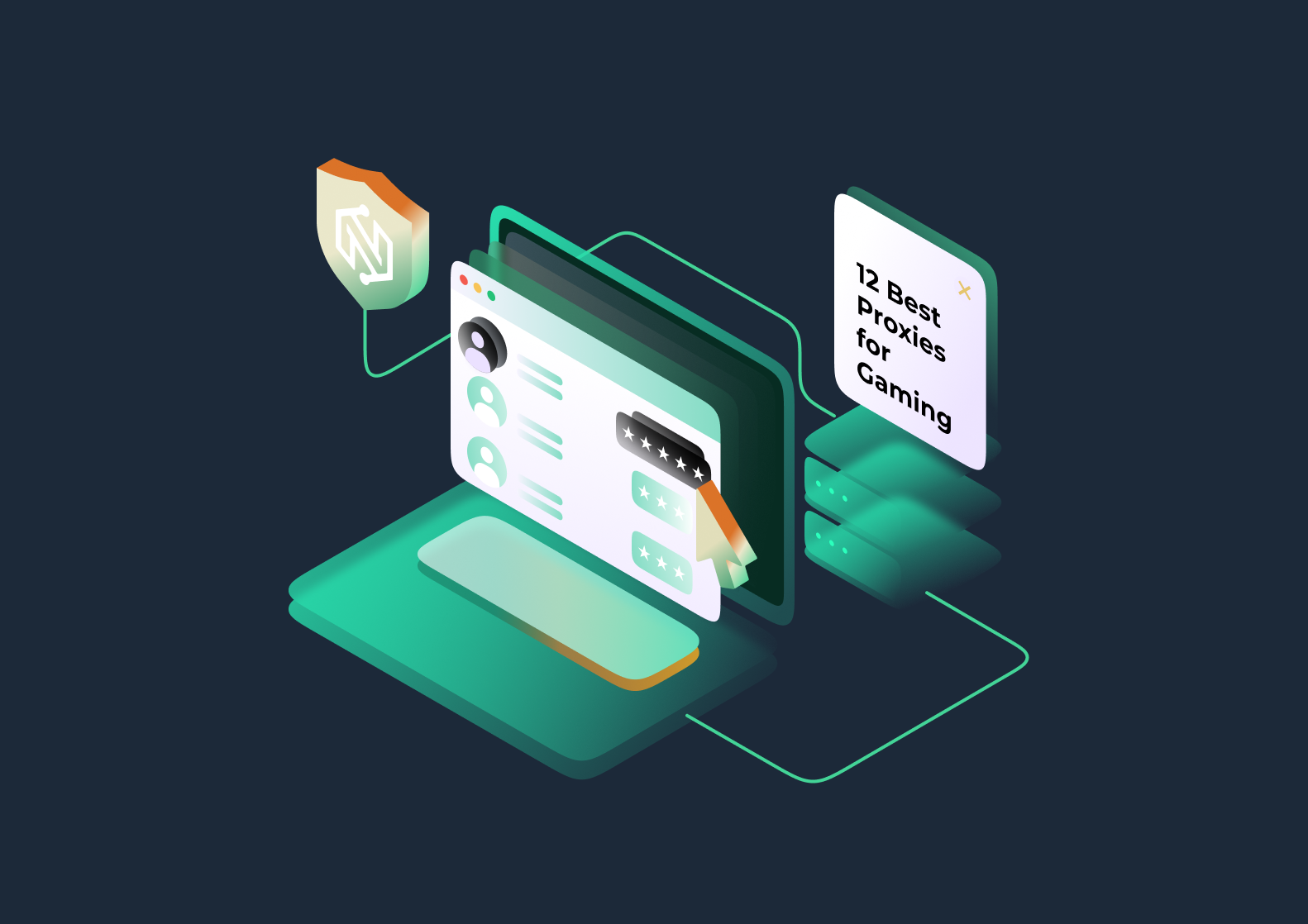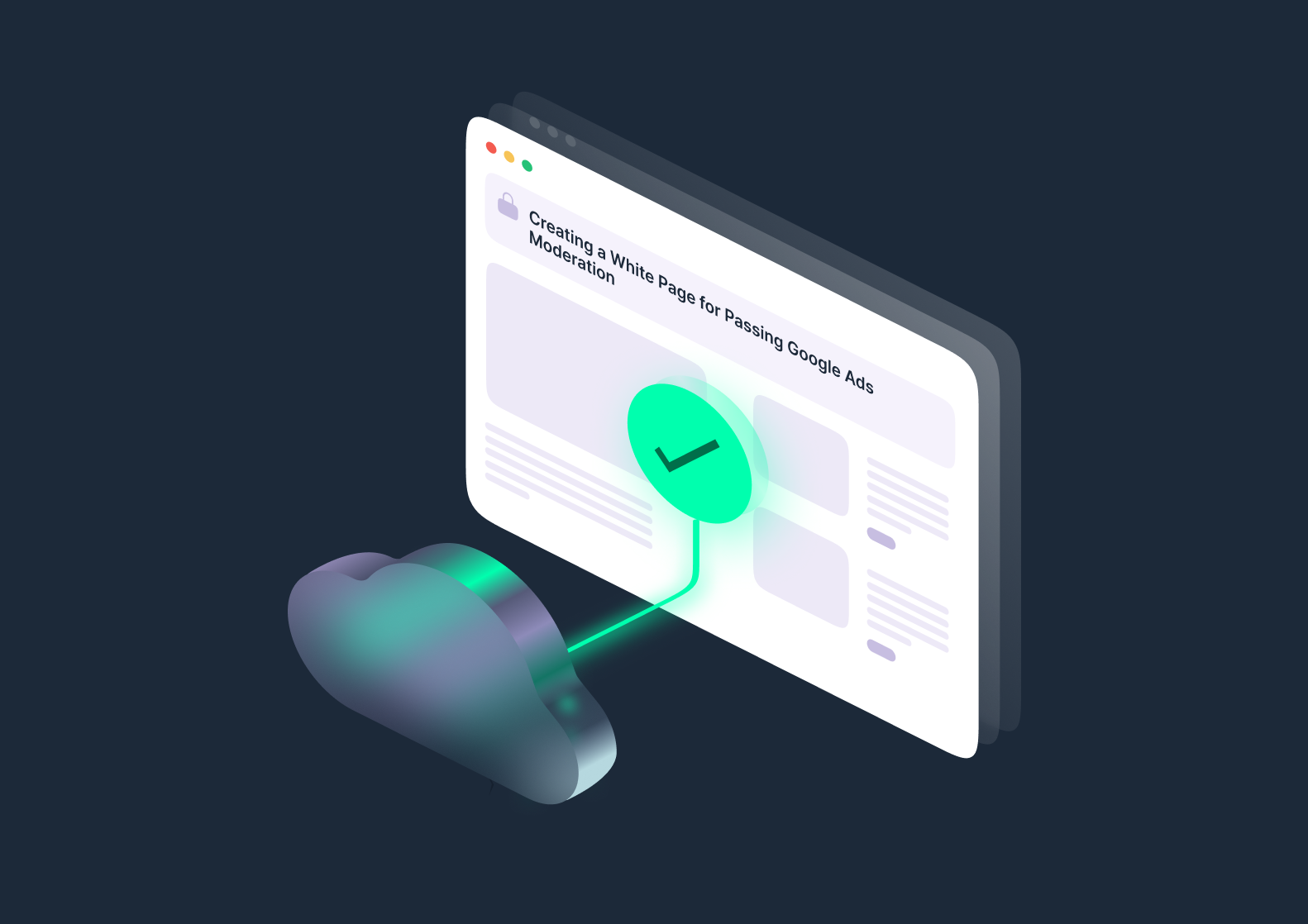In today’s competitive digital landscape, businesses rely heavily on SERP scraping to track rankings, monitor competitors, and collect keyword insights. Whether you’re managing SEO campaigns, analyzing ad performance, or building data-driven marketing tools, scraping search engine results pages (SERPs) is the most efficient way to access real-time search data.
But there’s a catch — search engines don’t exactly like being scraped. They deploy aggressive anti-bot measures that can quickly block your IP, limit access, or show you misleading results.
That’s where proxies come into play. With the right setup, proxies help you scrape SERPs anonymously, safely, and at scale.
Let’s dive into what SERP scraping is, why it’s essential, and how proxies make it possible to do it effectively and securely.
What Is SERP Scraping?
SERP scraping refers to the process of automatically extracting data from search engine result pages. This includes organic results, ads, featured snippets, “People Also Ask” sections, and more.
Essentially, it allows you to gather real-time insights into how search engines rank websites, display content, and serve advertisements for specific keywords or locations.
Common use cases for SERP scraping include:
- Tracking keyword rankings across regions and devices
- Monitoring competitors’ visibility and ad placements
- Collecting search volume and keyword data for SEO tools
- Analyzing local search results to improve geotargeted campaigns
- Aggregating SERP data for AI-based content and SEO analytics
Without SERP scraping, marketers and data analysts would have to rely on incomplete or outdated third-party tools — instead of accessing live, accurate search results.
Why SERP Scraping Is Challenging
While SERP scraping sounds straightforward, search engines like Google and Bing are extremely protective of their data. Their algorithms constantly monitor for automated scraping activities and respond with various defenses.
Here are some of the key challenges of SERP scraping:
- IP bans and rate limits: Sending too many requests from a single IP quickly flags you as a bot.
- CAPTCHAs: Automated systems trigger CAPTCHA challenges to stop bots.
- Geo-restrictions: Search results vary by location, making it difficult to collect region-specific data without multiple IPs.
- Dynamic HTML and JavaScript rendering: Modern search pages are highly interactive and require headless browsers to scrape properly.
For large-scale data collection, these challenges make direct scraping nearly impossible without getting blocked.
That’s where SERP proxies become essential.
How Proxies Enable Effective SERP Scraping
Proxies act as intermediaries between your scraper and the search engine. Instead of sending requests directly from your real IP address, proxies send them on your behalf — masking your identity and location.
When combined with proper rotation and session management, proxies make SERP scraping safer, faster, and more efficient.
Here’s how proxies help you scrape search engine data effectively:
- Avoid bans: Rotate IPs automatically so requests appear to come from different users.
- Bypass rate limits: Distribute traffic across multiple proxies to stay within safe request thresholds.
- Access geo-targeted SERPs: Use proxies from different countries or cities to scrape localized search results.
- Mimic organic behavior: Proxies can simulate real user sessions, reducing the chance of being flagged as a bot.
In short, proxies are the foundation of any reliable SERP scraping setup — whether you’re scraping Google, Bing, or niche search engines.
Best Proxy Types for SERP Scraping
Not all proxies work equally well for scraping search results. Choosing the right type depends on your goals, budget, and the scale of your operations.
Here’s a quick overview:
1. Residential Proxies
Residential proxies are IP addresses assigned by internet service providers (ISPs) to real households.
They appear as legitimate human traffic and are ideal for large-scale or long-term scraping.
Best for:
- Scraping Google search results safely
- Keyword rank tracking tools
- Gathering local SERP data
- Accessing region-specific results
Pros: High legitimacy, low detection rates
Cons: Slightly slower and more expensive than datacenter proxies
2. Datacenter Proxies
Datacenter proxies are hosted on powerful servers and are not linked to real ISPs. They provide excellent speed and cost efficiency, but they’re easier for search engines to detect.
Best for:
- Non-sensitive scraping tasks
- Fast testing or bulk data collection
Pros: Fast, affordable, scalable
Cons: Higher block risk, less anonymity
3. Mobile Proxies
Mobile proxies route traffic through 4G/5G connections, making them almost impossible for search engines to identify as automated.
Best for:
- Scraping mobile-specific SERPs
- Monitoring mobile ads and app store rankings
- High-security scraping operations
Pros: Top-tier anonymity, real mobile IPs
Cons: Higher cost, limited scalability
Quick Comparison Table
| Proxy Type | Speed | Anonymity | Best Use Case |
|---|---|---|---|
| Residential | Medium | High | Localized, large-scale SERP scraping |
| Datacenter | High | Medium | Fast, low-cost scraping tasks |
| Mobile | Medium | Very High | Mobile ad or SEO data scraping |
How to Build a Scalable SERP Scraping System
Building a scalable SERP scraping system requires careful planning and technical structure to handle millions of requests efficiently while minimizing detection. Scaling is not only about adding more machines—it’s about designing a stable, modular, and fault-tolerant architecture.
Core Architecture
A scalable setup begins with a distributed task queue that assigns jobs to multiple worker nodes. Frameworks like RabbitMQ, Kafka, or Redis queues can help manage concurrent scraping tasks while isolating failures. The system should separate fetching, parsing, and storing processes into different modules so you can update or debug each independently without interrupting the workflow.
Asynchronous or non-blocking I/O frameworks—such as Python’s asyncio or Node.js—allow each worker to handle thousands of requests simultaneously without locking the process. This design ensures high throughput with minimal resource waste.
Proxy and IP Layer
A crucial component of scalability is a strong proxy management layer. It should automatically handle IP rotation, maintain proxy health checks, detect bans, and balance requests across different regions. For SERP scraping, geo-targeted IPs are particularly important because search results vary by location. Using IPs from diverse geographic regions ensures that your data reflects accurate, location-specific results.
Data Pipeline and Storage
Efficient storage is essential for scalability. While relational databases like PostgreSQL are suitable for smaller datasets, large-scale projects benefit from NoSQL solutions such as MongoDB or Elasticsearch, which handle unstructured data more effectively. Adding caching and deduplication logic prevents redundant requests, saves bandwidth, and reduces the risk of IP blocking by minimizing unnecessary traffic.
Monitoring and Quality Control
Monitoring is often overlooked but critical to maintaining a healthy system. Track key metrics such as proxy success rates, block percentages, and average response times. Set up alerts when anomalies appear—such as unusually low result counts or spikes in CAPTCHAs. This ensures quick detection and resolution of scraping issues.
Summary
A scalable SERP scraping system combines modular architecture, asynchronous execution, advanced proxy management, efficient storage, and constant monitoring. By following these principles, you can reliably collect search engine data at scale without overwhelming resources or triggering detection systems.
Common Mistakes to Avoid When Scraping SERPs with Proxies
Even experienced teams make technical or strategic errors when scraping search results. These mistakes can lead to poor data quality, high ban rates, or wasted resources. Avoiding them will make your SERP scraping more stable and cost-efficient.
1. Using Free or Unverified Proxies
Free proxy lists are often unreliable, slow, and overused by multiple scrapers. Many are already blacklisted or expose security risks such as IP logging. Instead, use a reputable proxy provider with transparent rotation policies and a diverse IP pool to ensure clean, stable access.
2. Overusing a Single IP or Poor Rotation
Scraping multiple queries from one IP can quickly lead to bans or CAPTCHAs. A good system rotates IPs frequently—ideally after every few requests—to mimic organic traffic. Proxy pools should include automated ban detection and replacement mechanisms to maintain consistent uptime.
3. Ignoring Geo-Targeting Requirements
SERP data varies dramatically across locations. Using IPs from a single country can skew results and miss region-specific keywords or ads. Employ proxies distributed across multiple regions or cities to ensure your scraping reflects accurate and localized data.
4. Failing to Implement Rate Limits
Sending hundreds of requests per second, even with rotating proxies, can still trigger anti-bot systems. Randomized intervals, varied request headers, and human-like behavior (such as time gaps and different user agents) make scrapers less detectable.
5. Neglecting Proxy Health and Monitoring
Without ongoing monitoring, you risk relying on slow or blocked proxies. Regularly test your proxy pool for latency, uptime, and block rates, and remove underperforming IPs. Detailed logging and periodic audits can help maintain overall efficiency.
Best Practices for SERP Scraping with Proxies
To make the most out of your SERP proxies, you need a structured strategy that balances efficiency and safety.
Follow these best practices:
- Rotate IPs frequently: Use a large proxy pool and change IPs after every few requests.
- Limit request rates: Avoid sending too many queries per second from the same IP.
- Use geo-targeting: Choose proxies from specific regions to scrape localized SERP results.
- Monitor proxy health: Replace banned or slow proxies regularly.
- Simulate user agents: Vary your browser headers to look like different devices.
- Respect search engine limits: Don’t overload servers — sustainable scraping is key.
By implementing these steps, you’ll maintain a healthy scraping setup that stays undetected and delivers consistent results.
How NodeMaven Powers Reliable SERP Scraping
When it comes to SERP scraping, proxy quality determines success. Cheap or public proxies often get blocked, reducing accuracy and wasting resources.
That’s why businesses turn to NodeMaven for premium, high-performance proxy solutions built specifically for scraping tasks.
NodeMaven’s key advantages for SERP scraping:
- Global residential IP coverage: Millions of IPs from verified devices worldwide
- Smart rotation system: Automatically switches IPs to avoid bans and maintain uptime
- Geo-targeted scraping Collect search results from any country or city
- High-speed datacenter and mobile proxies: For both bulk scraping and ad verification
- Scraping-optimized browser & API: Simplify automation and bypass detection
- 24/7 customer support: Expert assistance for large-scale or enterprise scraping
Whether you’re tracking keyword performance, monitoring competitors, or building a custom SEO tool, NodeMaven’s proxies give you unmatched stability and scalability.
👉 Start your free trial with NodeMaven today and scrape search engines like a pro — without interruptions, bans, or false data.


